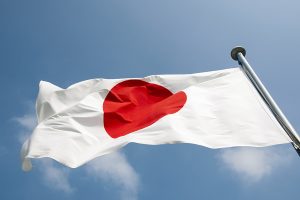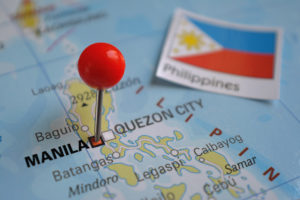Australian gambling venue directed community support to holding entity

The Canterbury Leagues Club used a community benefit initiative for tax concessions.
Australia.- It’s been reported that since the fiscal year 2014-2015, the Canterbury Leagues Club in New South Wales has funnelled AU$26m (US$17.34m) to its holding entity, the Canterbury-Bankstown Bulldogs, a National Rugby League (NRL) club, claiming it as community support.
The venue, which has 634 gaming machines as of May 31, claimed the payments were community benefit, which qualified them from tax incentives under the ClubsGrants scheme. The amount transferred far exceeded the funds allocated to non-affiliated community groups under the scheme.
This ClubsGrants initiative is designed to provide tax concessions to clubs that allocate a portion of gambling profits to community causes. The concessions apply to clubs that use machine revenues to cover operating expenses or those of associated entities. However, the scheme has been the subject of widespread criticism and is being reviewed by the New South Wales (NSW) government.
See also: GambleAware week begins in New South Wales
According to The Guardian, in 2022, the Canterbury-Bankstown Bulldogs reported a consolidated entity profit of AU$10m after tax. The previous year saw a profit of AU$4.5m, and in 2020, it reached AU$4.4m.
Wesley Mission’s chief executive, the reverend Stu Cameron, who is part of the NSW government’s expert panel on gambling reform, said the payments may be legal but says they should have been channelled to assist people in the community.
State Greens MP Cate Faehrmann, the party’s gambling issues spokesperson, has called for urgent changes to the scheme, stating that it primarily benefits wealthy sporting clubs rather than local communities. A spokesperson for the minister for Gaming, David Harris, also told The Guardian that the ClubGrants review would determine whether the scheme continues to provide value for NSW residents.
The NSW government’s gaming reform agenda includes various measures aimed at reducing harm, including reducing the cash input limit for new electronic gaming machines, capping the number of gaming machine entitlements, and banning political donations from gaming-involved clubs.
Other measures include the establishment of Responsible Gaming Officers at venues with a significant number of machines, the expansion of a state-wide third-party exclusion register and the formation of an independent panel of expert stakeholders to oversee cashless gaming trials.








